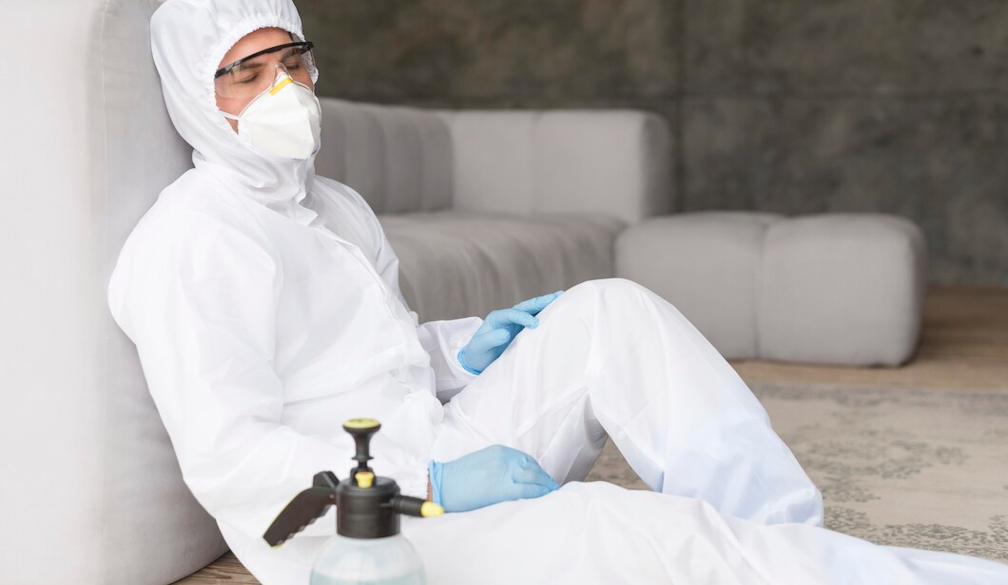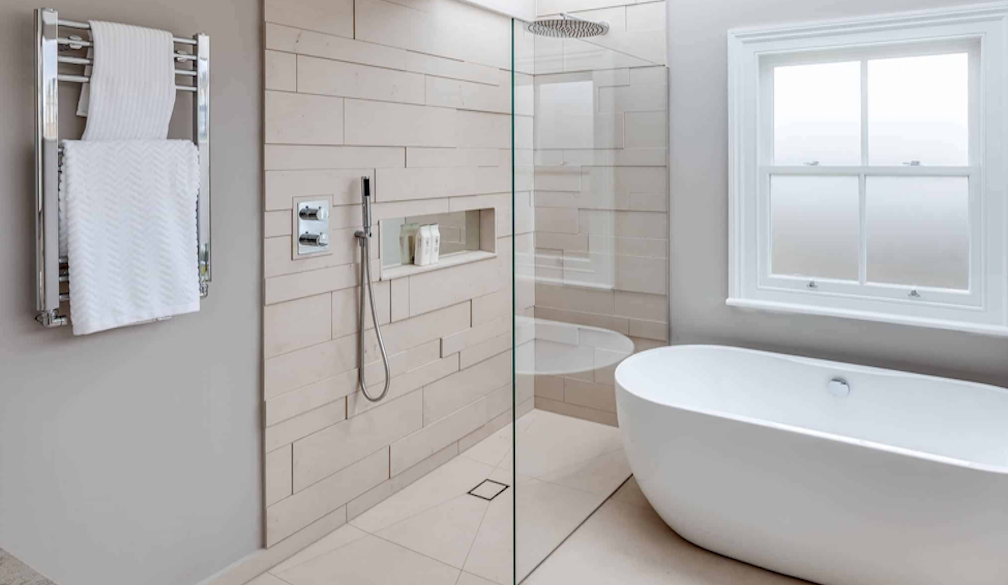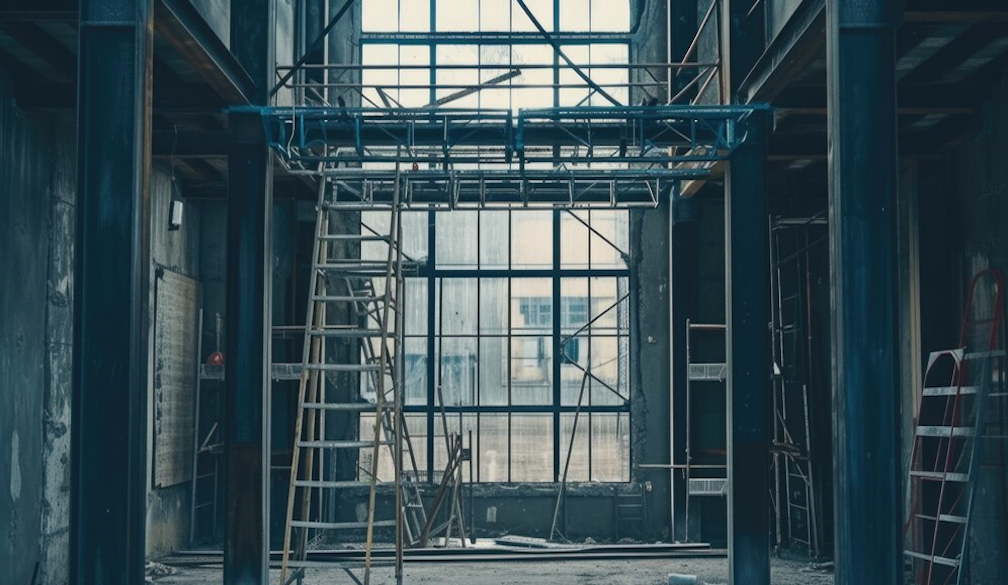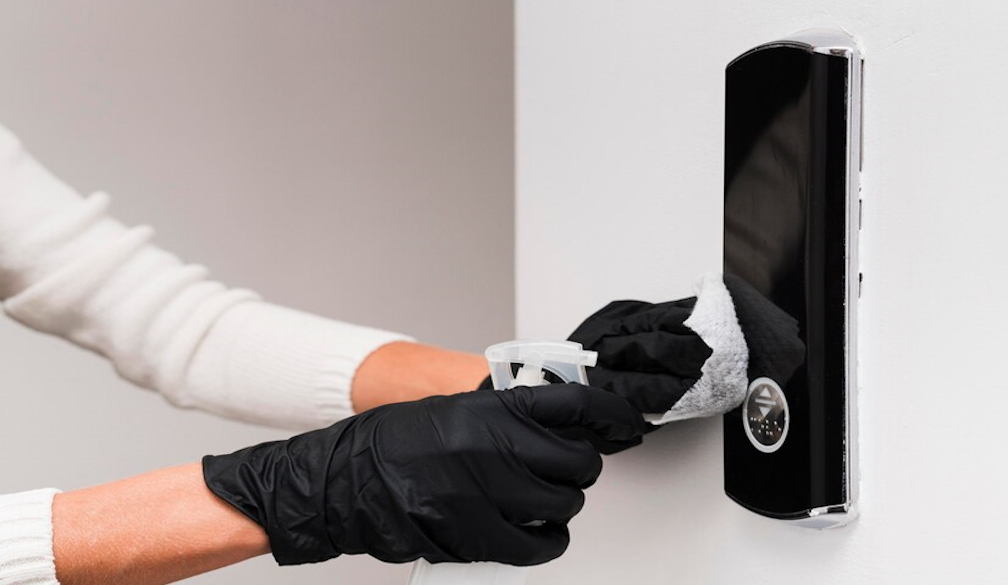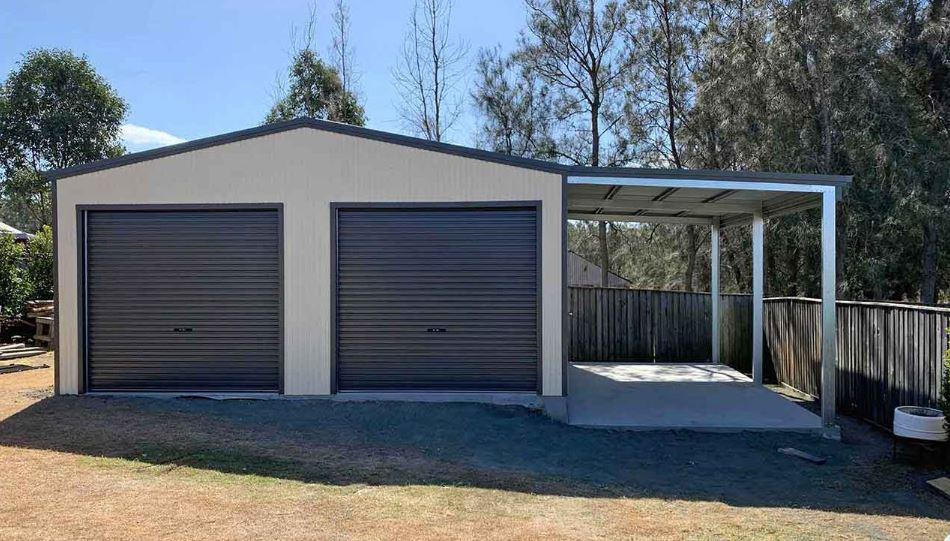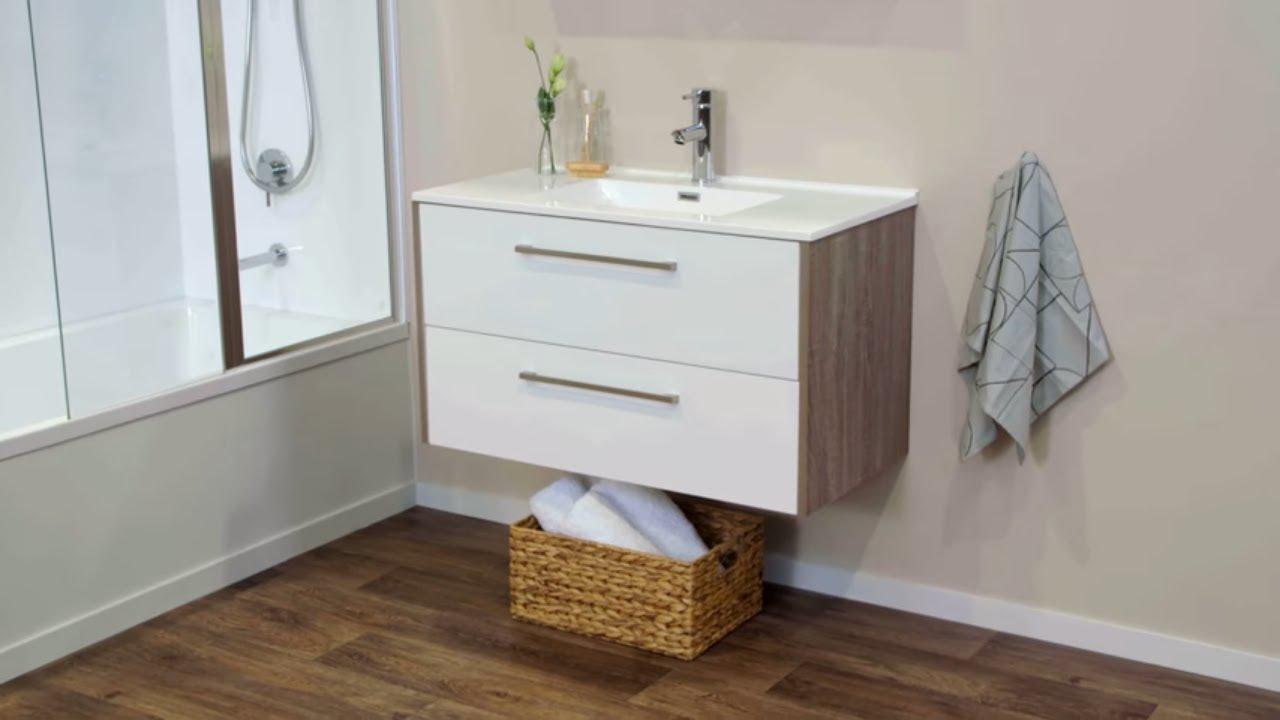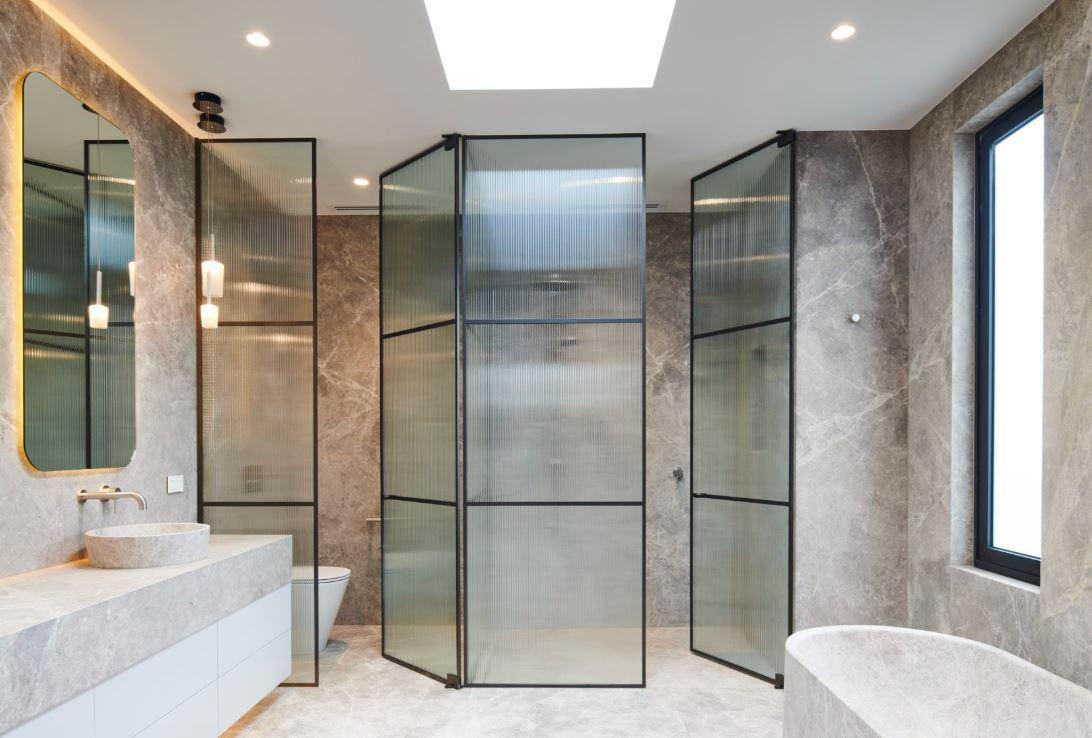Protecting Your Home: The Importance of Regular Termite Inspections
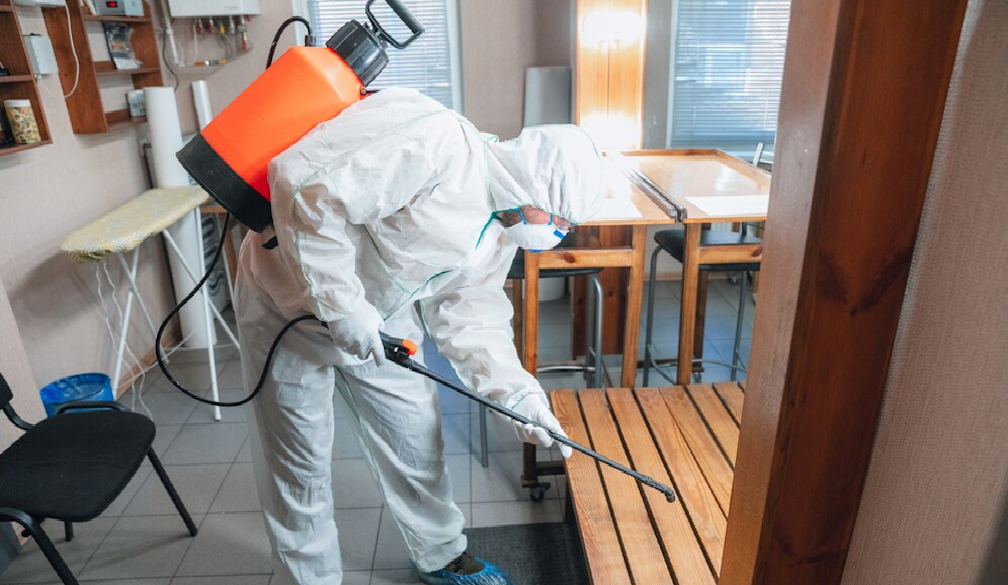
The tranquility of your home can be swiftly marred by the silent and destructive presence of termites. These small but mighty pests are capable of causing significant structural damage that often goes unnoticed until it's too late. Protecting your home through preventative measures and regular inspections is a critical task for every homeowner. This article explores why regular termite inspections are essential, how often they should be conducted, and what typically happens during one of these inspections.
Importance of Regular Termite Inspections
Termites are not just a minor nuisance; they can wreak havoc on the structural integrity of your home. These creatures mostly feed on wood, but they are also known to damage paper, books, insulation, and even filtration systems and swimming pool liners. Regular termite inspections are critical because they help to catch infestations at early stages, potentially saving homeowners significant repair costs.
Experts estimate that termites cause billions in damages globally each year, which underscores the importance of diligent termite management. By scheduling regular inspections, you not only protect your home from severe damage but also maintain its value and avoid any abrupt financial burdens that come with extensive repair works.
When and How Often Should Your Home Be Inspected?
The frequency of termite inspections can vary depending on several factors such as the age of the home, its location, and previous termite activity. Generally, it is advisable to have your home inspected for termites at least once a year. Homes in warmer climates or those in termite-prone areas might require more frequent inspections.
Additionally, if you've previously had termite problems, it's wise to schedule more regular checks to ensure that there is no recurrence. Always keep an eye out for signs of termite activity such as mud tubes, damaged wood, and discarded wings near doors or windows. If any of these signs are evident, it's crucial to contact a professional immediately.
What Happens During a Termite Inspection?
During a termite inspection, a trained professional will examine all accessible parts of your home for signs of termite activity and damage. They utilize their experience, along with specialized tools such as moisture meters and thermal imaging to detect irregularities in the structure that are indicative of termites.
The inspectors also focus on identifying conditions that can attract termites, such as wood in contact with soil, moisture accumulation near the foundation, and cracks in the exterior walls. After the inspection, they will provide a detailed report outlining any current infestations or risks and recommend appropriate measures to address the issues.
Professional Termite Inspection
Opting for a professional termite inspection is invariably the safest bet when it comes to safeguarding your home against termites. Professional inspectors are trained to identify even the subtlest signs of termite activity, which are often overlooked by the untrained eye.
The expertise of a professional also means that they can offer the most effective solutions tailored to your specific situation, whether it's implementing preventative strategies or treating an existing problem. Remember, the cost of an inspection is minor compared to the potential expense of repairing extensive termite damage.
How to Choose a Termite Inspection Company
Selecting the right termite inspection company is fundamental in ensuring your home is thoroughly protected from termite damage. Start by looking for companies that have a solid reputation and a track record of reliability. Reviews and testimonials can provide insights into the effectiveness and customer service of the company.
It’s also essential to choose a company that uses the latest technology and follows up-to-date practices in termite detection and removal. Ensure that the technicians are licensed and insured, which speaks volumes about their professionalism and adherence to industry standards.
Preventative Measures Against Termites
Beyond regular inspections, there are several preventative measures that you can implement to discourage termites from infesting your home. These include maintaining an 18-inch gap between wood portions of your house and the soil, ensuring proper drainage away from your home's foundation, and storing firewood and other wood debris away from your living spaces.
Regularly inspecting your home for cracks and crevices and filling them promptly can also reduce the likelihood of termites entering your home. Employing these strategies, along with regular professional inspections, forms a robust defense against these destructive pests.
Conclusion
In conclusion, regular termite inspections are a fundamental aspect of home maintenance that should not be overlooked. The potential cost and stress of dealing with a severe termite infestation can be drastically reduced by taking proactive steps and scheduling yearly inspections. Remember, the key to effective termite management is early detection and immediate action. Protecting your investment should always be a priority, and with the right strategies and professionals by your side, you can maintain a termite-free home.

